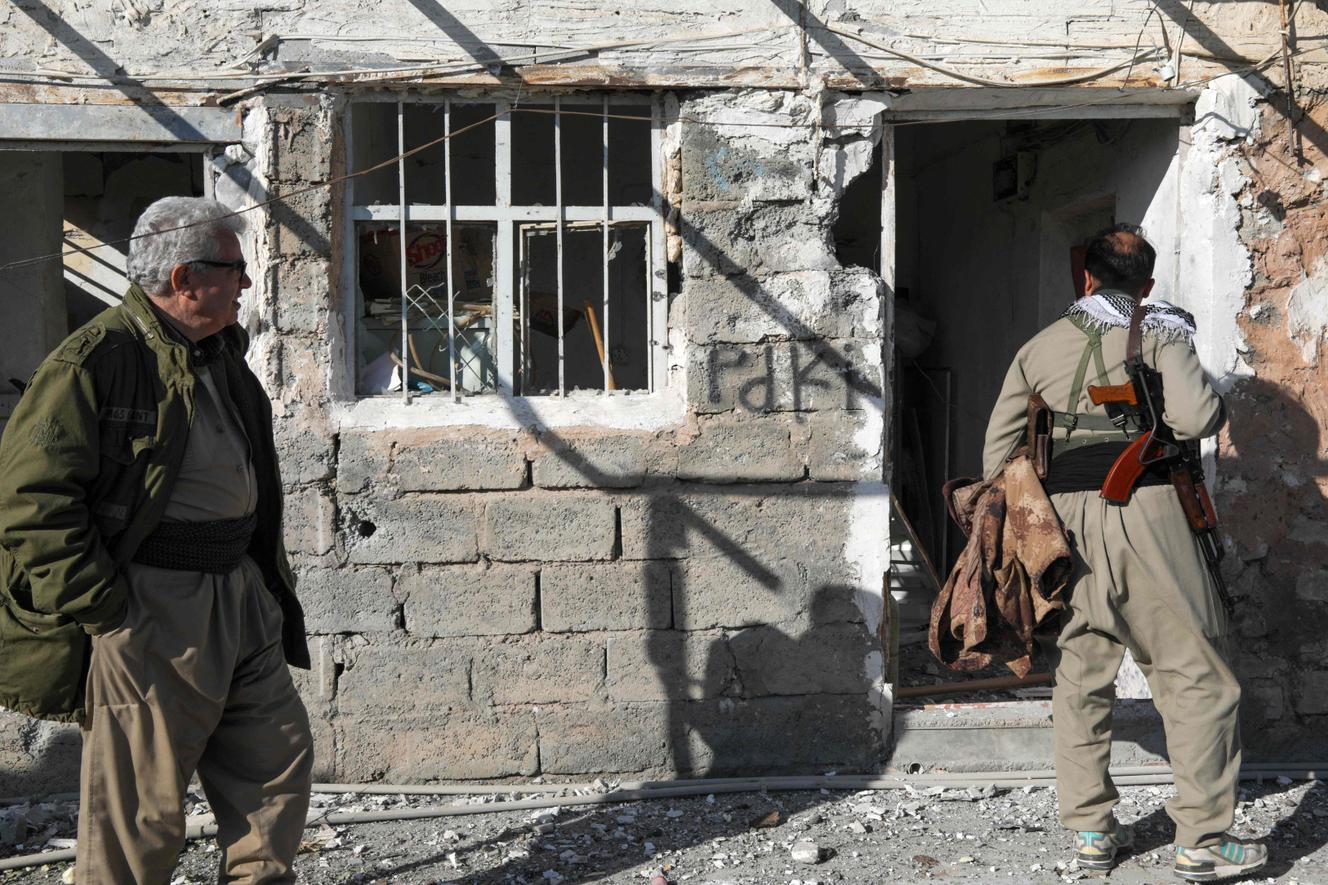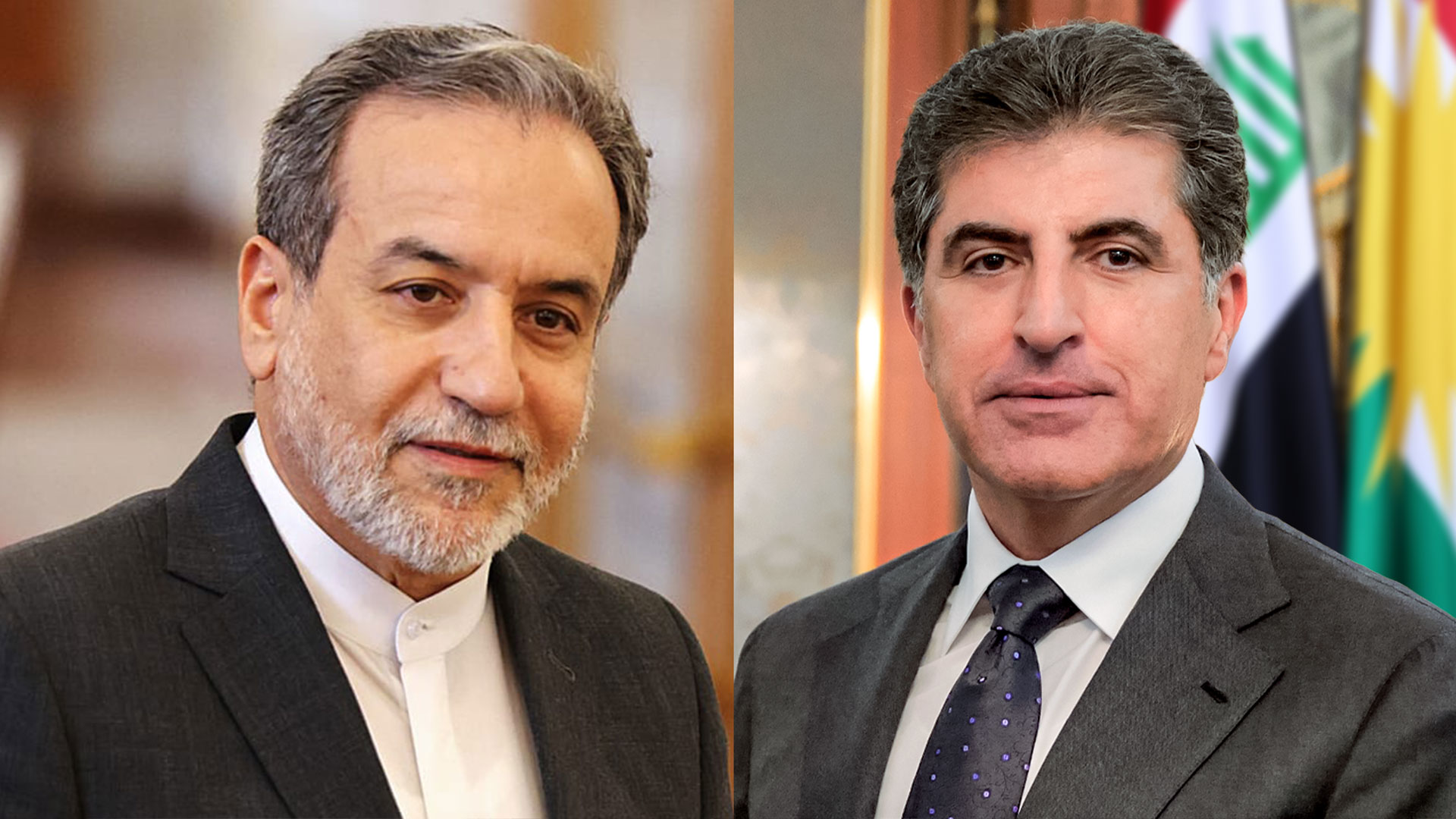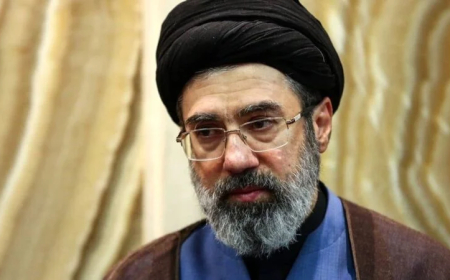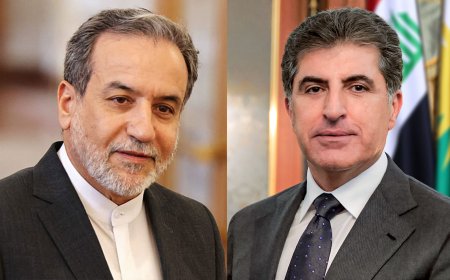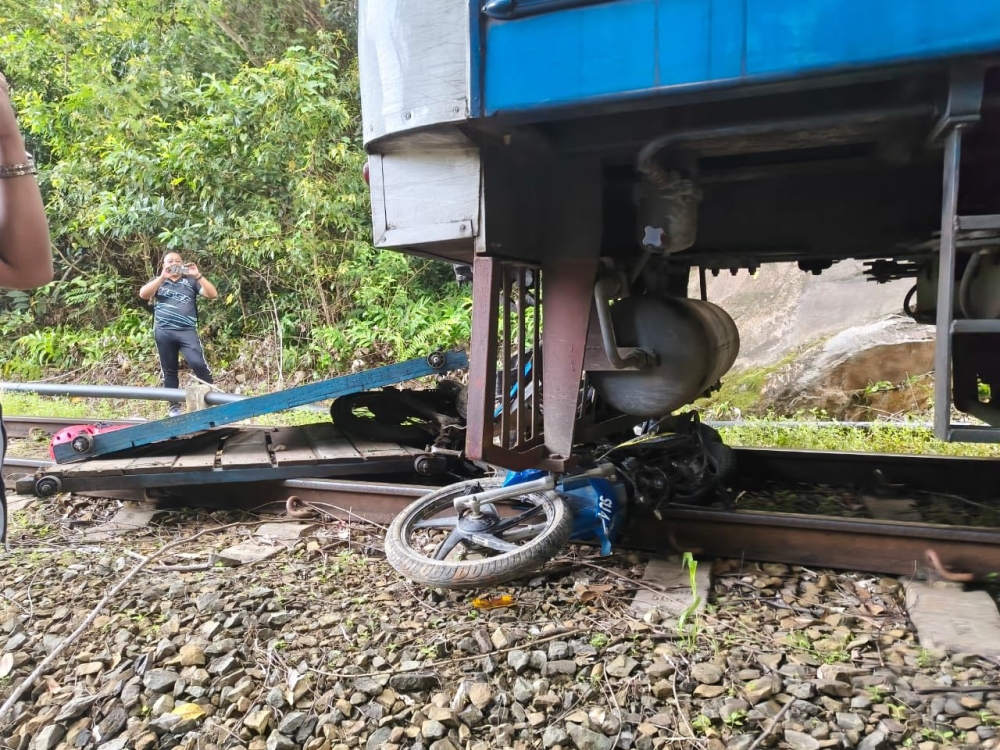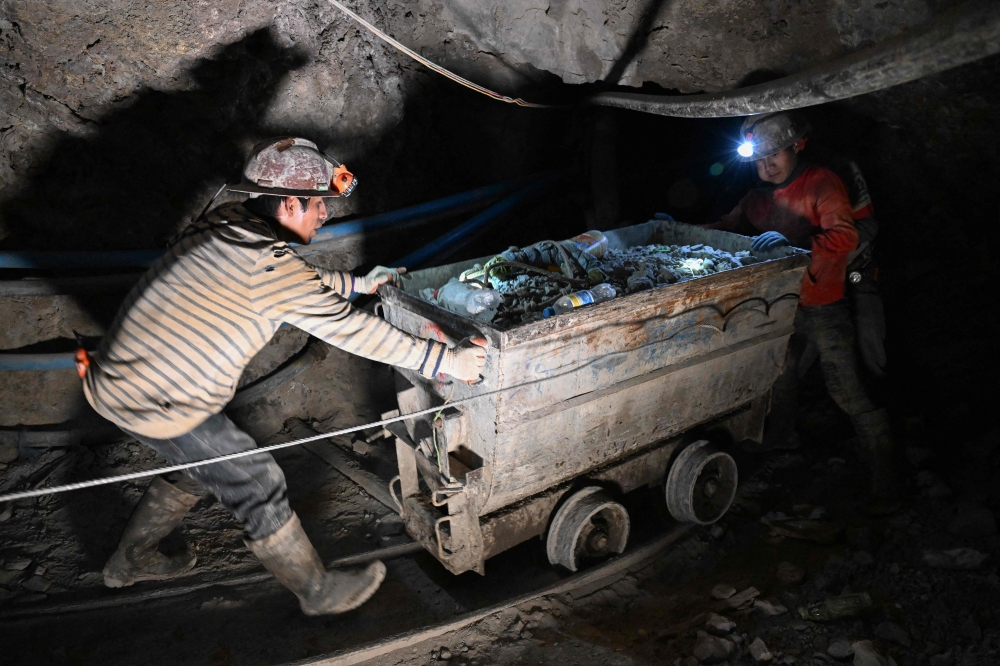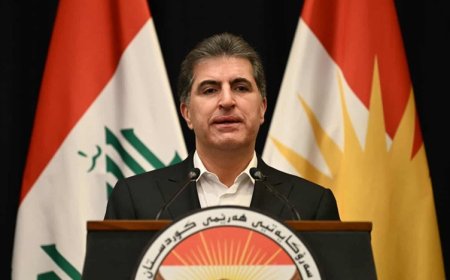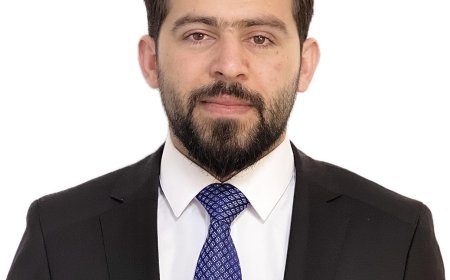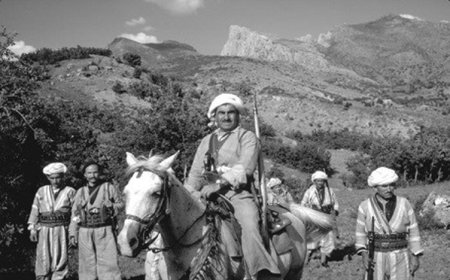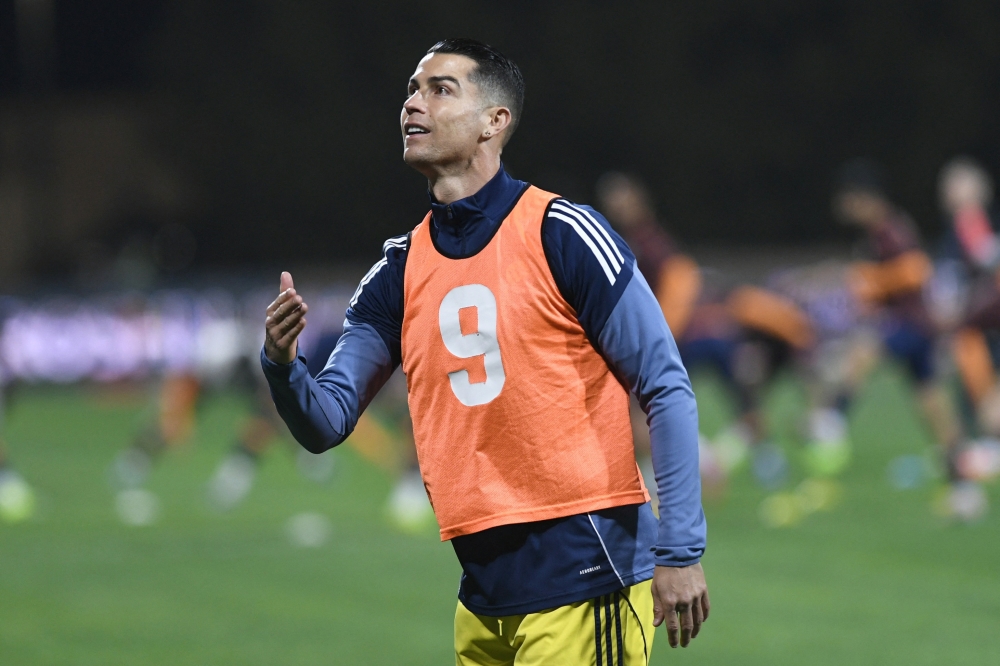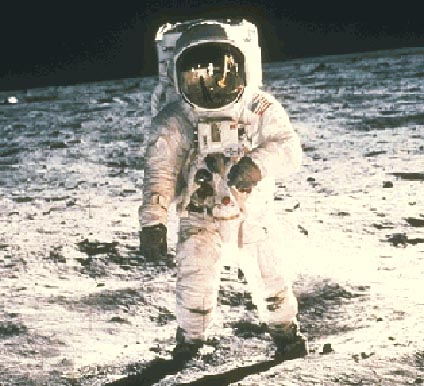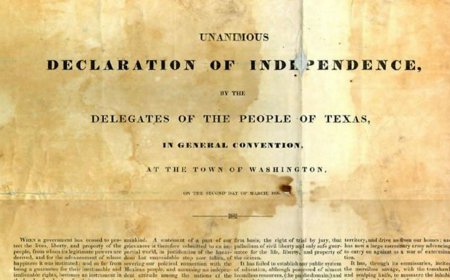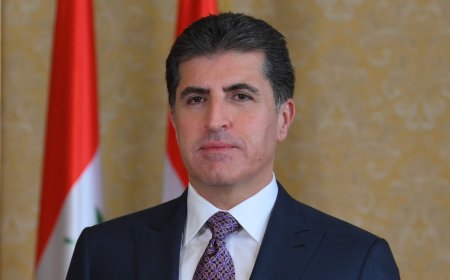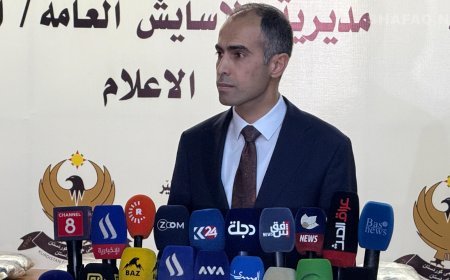Water for influence: Turkey moves to ease Iraq's water shortages ahead of elections
Turkey took the step in a bid to ensure that relations with Iraq's current and future leaderships remain manageable after the vote.
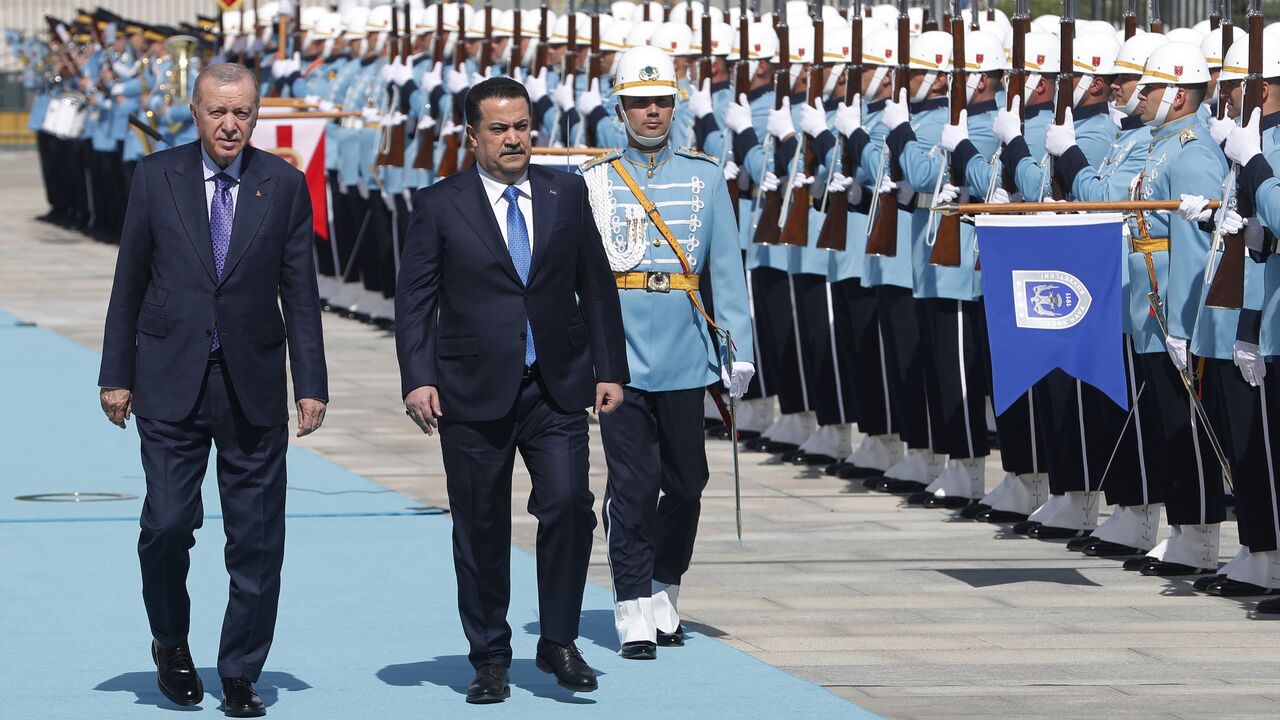
As Iraq prepares for Nov. 11 parliamentary elections, Turkey has stepped up its effort to provide more water to its neighbor in a bid to ease shortages, a move aimed, according to analysts, at maintaining Ankara's influence with decision-makers in Baghdad.
Turkey’s plan to increase water flows from the Tigris and Euphrates Rivers into Iraq and the resumption of oil flows from Iraqi Kurdistan to Turkey via pipeline highlights Ankara’s efforts to support the Iraqi government ahead of the balloting. While the measures are intended to ease public anxiety and bolster stability, Iraqi officials caution that turning bilateral water-related agreements into tangible projects has lagged, with bureaucratic hurdles and regional coordination, including with Syria, still needed.
Prime Minister Mohammed Shia al-Sudani faces mounting public pressure, particularly in Basra, where widespread protests have erupted over persistent climate-related water shortages.
Water-sharing disputes have long complicated ties between Turkey and Iraq, representing one of the most persistent sources of tension between the two neighbors. Iraq largely blames Turkey for the shortages, pointing to dams built upstream on the Tigris and Euphrates, while Ankara argues that Iraq’s outdated water infrastructure and inefficient irrigation systems limit the effectiveness of the water it supplies through waste.
Water for influence?
Reservoir levels in Iraq are under historic strain. The Dukan Dam is reportedly at just 24% capacity, and national water reserves have plunged to a near 80-year low of 10 billion cubic meters, as river inflows have shrunk.
Worsening drought in Iraq this year — leading to severe shortages and protests in the south — has led Turkey to increase its efforts to preserve its close ties with Sudani and to ensure workable relations with future governments.
According to Mehmet Alaca, a journalist and researcher specializing in Turkish-Iraqi ties and the Iraqi Kurdistan Regional Government (KRG), Turkey sees Sudani as a reliable partner as it attempts to navigate complex relations with Kurdish groups and the Syrian and Iranian governments.
“A mutual understanding has developed between Turkey and Sudani,” Alaca told Al-Monitor, with Ankara viewing the Iraqi premier as a reliable actor and someone who is easy to work with. “During his term, Sudani has projected an image of a stable and development-focused leader.”
Alaca added, “Water is a major item on Sudani’s agenda in the run-up to the elections, and Turkey would like to help.”
On Oct. 10, a senior Iraqi delegation led by Foreign Minister Fuad Hussein and Water Minister Aoun Diab met with Turkish Foreign Minister Hakan Fidan and his team in Ankara for high-level talks on the matter.
At a joint news conference with Fidan following the talks, Hussein said that Ankara and Baghdad reached a “framework agreement” on water sharing, but provided no details. A spokesperson for the Iraqi Foreign Ministry added that Turkey would increase water flows from its dams from 420 cubic meters per second to 50 million cubic meters in the coming weeks.
“Baghdad expects water to be released until the rainy season,” Alaca told Al-Monitor. “Ankara released additional water as a gesture in the past, and it might do so again to help Sudani. We can say that Ankara would prefer Sudani to stay in power.”
After becoming prime minister in 2022, Sudani made tackling Iraq’s chronic water shortages and advancing projects top priorities, which pushed him to pursue closer cooperation with Turkey.
In March 2024, Iraq banned the Kurdistan Workers’ Party (PKK), honoring Ankara's longstanding request to designate the militant group a terrorist organization. Headquartered in the mountains of northern Iraqi Kurdistan, the PKK has fought against Turkey for Kurdish self-rule in Turkey since 1984, but in May declared its intention to disarm and disband as part of ongoing peace talks with Ankara.
Ankara-Baghdad rapprochement
Prior to the PKK's designation as a terrorist outfit, Ankara and Baghdad had largely been at odds over Turkey’s frequent airstrikes on the group's positions in Iraqi Kurdistan. Turkey ended the strikes after the PKK announced its decision to dissolve itself.
Baghdad had accused Turkey of violating Iraqi sovereignty in its ongoing air and ground campaigns against the outlawed Kurdish militants. In exchange for Baghdad’s designation of the PKK as a banned organization, Ankara agreed to coordinate its military operations in northern Iraq with Iraqi security authorities.
Against this backdrop of improving ties, Turkish President Recep Tayyip Erdogan paid a visit in April 2024 to Iraq, his previous one having been more than a decade prior.
In August 2024, Ankara and Baghdad signed a military and security cooperation agreement. Iraq also joined a Turkish-led, five-country mechanism along with Lebanon, Syria, and Jordan aimed at addressing regional security challenges, particularly the fight against the Islamic State, in May.
According to Alaca, Turkey’s stepped-up efforts to help alleviate Iraq’s water problems ahead of elections do not signal full backing of Sudani. Rather, the gesture of goodwill is intended to ensure that relations with whatever government takes office afterward remain constructive. “Sudani’s re-election to a second term as prime minister does not appear to be easy,” he added.
Regardless, a Turkish official familiar with bilateral discussions on the subject said there is a limit to how much additional water Turkey can provide.
“All of this is taking place amid the worst drought we have seen in our lifetimes [in Turkey],” the official told Al-Monitor, speaking on condition of anonymity. “So it’s not like we have more water than Iraq.”
Indeed, Turkey is grappling with one of its worst droughts in decades, with nationwide reservoir levels falling below 40% on average, and some in western provinces nearing depletion.
On top of the additional water release being a goodwill gesture, the official cited the resumption last month of the oil flow from semiautonomous Iraqi Kurdistan to Turkey via a pipeline that Ankara closed more than two years ago.
Turkey closed the pipeline, halting its import of oil from Iraqi Kurdistan in March 2023, while expecting action by theInternational Chamber of the Commercial Court over a 2018 complaint by Baghdad over the imports without Baghdad's approval. In April 2023, the Paris-based court ruled that Turkey’s imports through the pipeline from 2014 to 2018 violated Baghdad’s sovereignty and fined Turkey $1.4 billion in damages. After Baghdad, Ankara, and the international oil companies involved reached an understanding last month, oil began to flow through the pipeline once again. The revenue from it will be transferred to Iraq’s federal oil company, SOMO.
“With the pipeline open once again,” the Turkish official said, “we hope to see a mechanism where the Iraqi federal government and KRG will have access to new oil money, and that will enable them to finance Turkish investments in their water infrastructure.”
View from Baghdad
From Baghdad’s perspective, translating bilateral agreements, including on water issues, into action remains challenging, even with the increased efforts from Turkey.
Hassan al-Janabi, Iraq’s former minister of water resources and former ambassador to Turkey, noted that while the two countries have signed a 10-year framework agreement focused on deepening cooperation in several fields, including defense and water maintenance during Erdogan’s visit to Baghdad last year, implementation has been slow.
As Janabi told Al-Monitor, “Turning the good intentions into concrete projects is lagging.”
Under the agreement signed during Erdogan’s 2024 visit, Turkey and Iraq committed to undertaking joint projects on water management, including modernizing irrigation systems, improving water efficiency, and coordinating the flow of the Tigris and Euphrates to address shortages and support agricultural and municipal needs.
Flanked by Foreign Minister Hussein in Turkey on Oct. 10, Fidan pledged to speed up efforts toward the realization of those projects.
According to Janabi, bureaucrats in both countries need greater authority to carry out the agreed-upon projects. He said that in addition to bilateral discussions, Turkey and Iraq must also coordinate with Syria, as disputes over water sharing from the Tigris and Euphrates have been a major problem between the three capitals.
To avoid misunderstandings, the three governments have to operate based on the same data, he said, adding that establishing gauging stations connected via satellite on the Turkey-Syria and Syria-Iraq borders to monitor the flow of the Euphrates would be necessary.
“This will minimize and perhaps eliminate any dispute over how much water is released,” Janabi said.
[Source: Al-Monitor]
